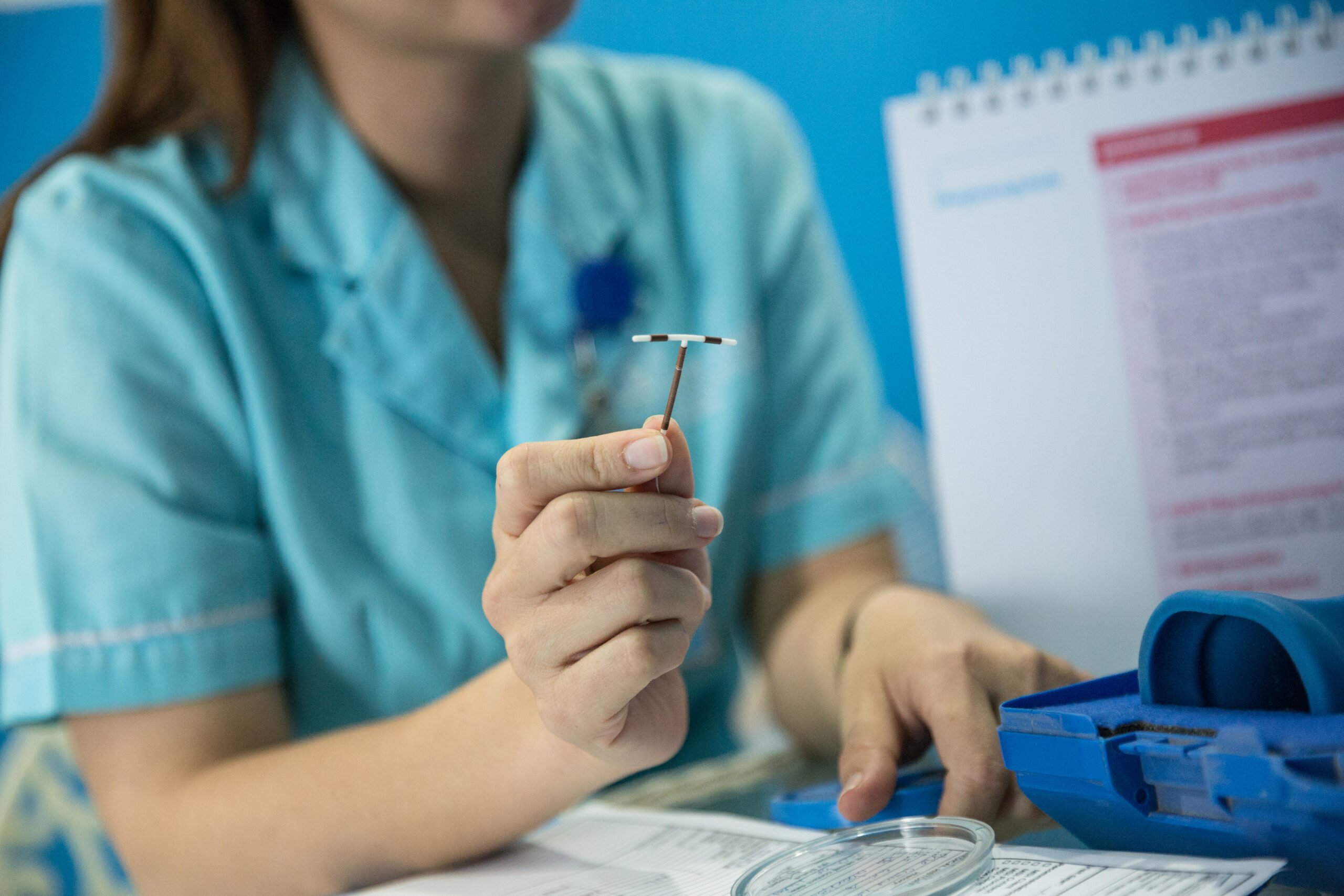
Cambodia
MSI Cambodia
Since its establishment in 1998, MSI Cambodia has been a cornerstone service for delivering top-tier sexual and reproductive healthcare throughout the country, facilitating the delivery of thousands of contraception and safe abortion services every year.
Adapting to the shifting landscape of healthcare, MSI Cambodia’s network of clinics has expanded to offer a comprehensive spectrum of services for every stage of womanhood. These range from contraception and abortion care services, to integrated services including menstruation counselling, HPV vaccines, management of sexually transmitted infections, HIV counselling and testing, antenatal care, menopause support, and primary care for survivors of Gender-Based Violence.
Through the MSI Ladies channel, MSI Cambodia supports private providers to build their technical capacity in sexual and reproductive healthcare, to reach women of all ages, including in Cambodia’s rural regions.
MSI Cambodia works to empower women and girls across Cambodia to exercise their fundamental right to reproductive health, supporting their lives and futures.
Contact us
Contact our Cambodia support office to talk about our work.
Marie Stopes International Cambodia
Phnom Penh Centre,
Building F, 1st Floor,
Sothearos Boulevard,
Sangkat Tonle Bassac,
Khan Chamkarmorn
Phnom Penh, Cambodia
Tel: (+855)23 994 083
Email: [email protected]
Looking for services
Looking for services in Cambodia? Use the contacts below or visit our Cambodia website.
Tel: (+855)12 999 002 or (+855)98 999 102
Send us a message on Facebook
or send us a message via Telegram, LINE, Viber, WhatsApp, or WeChat: 093 24 08 23





